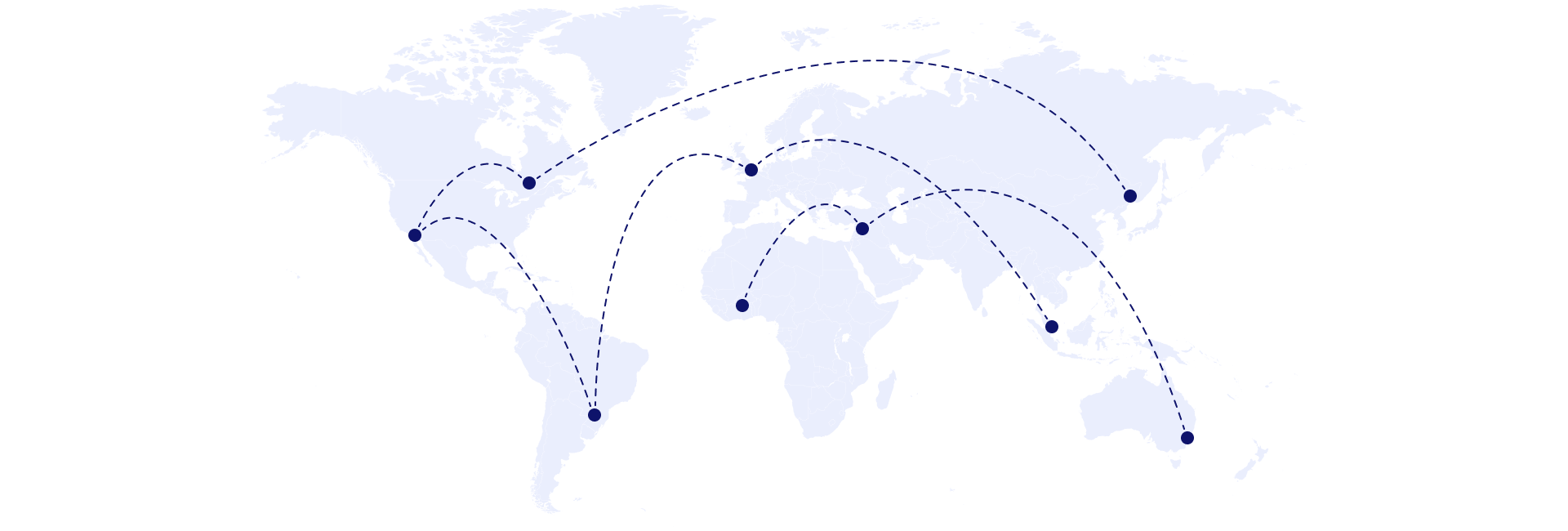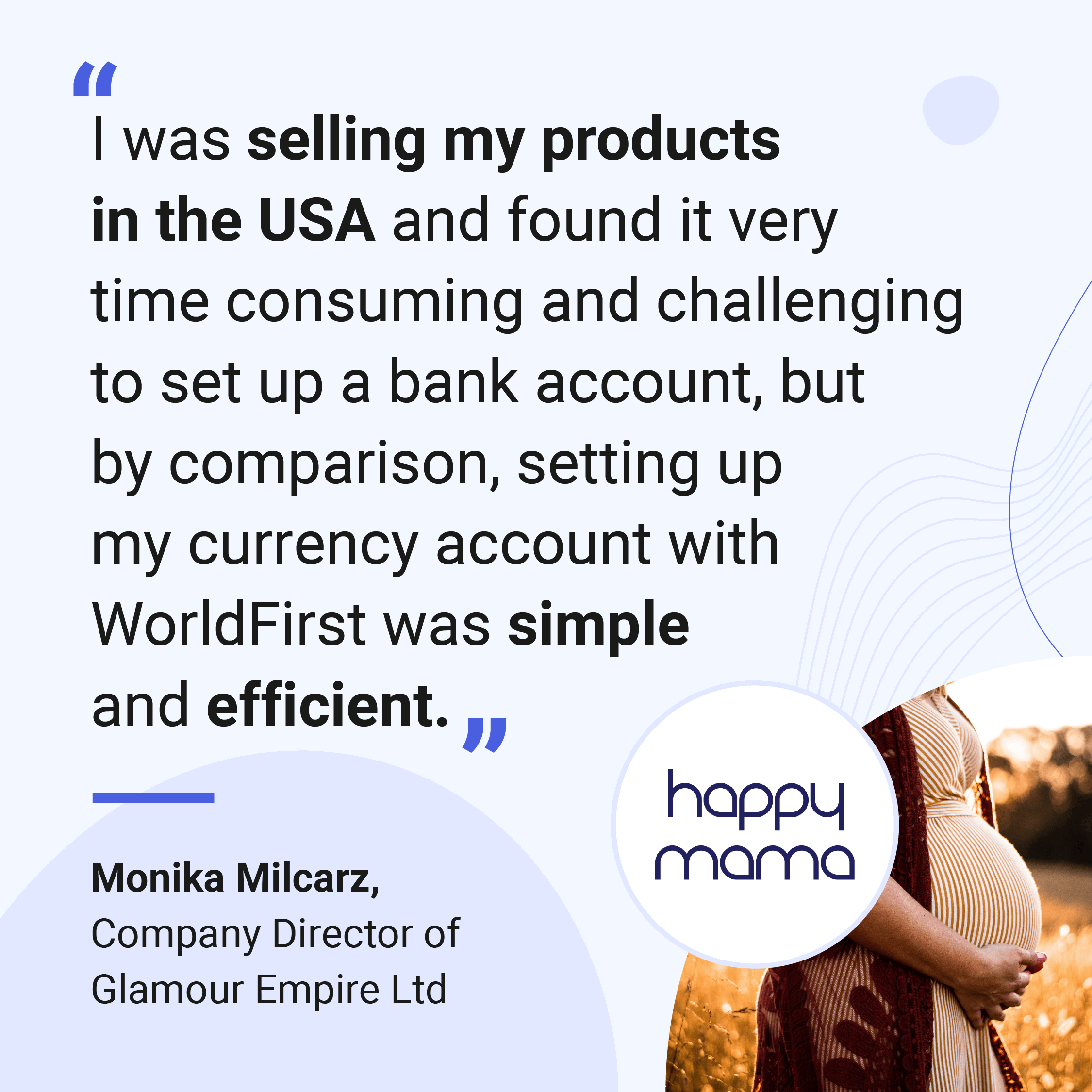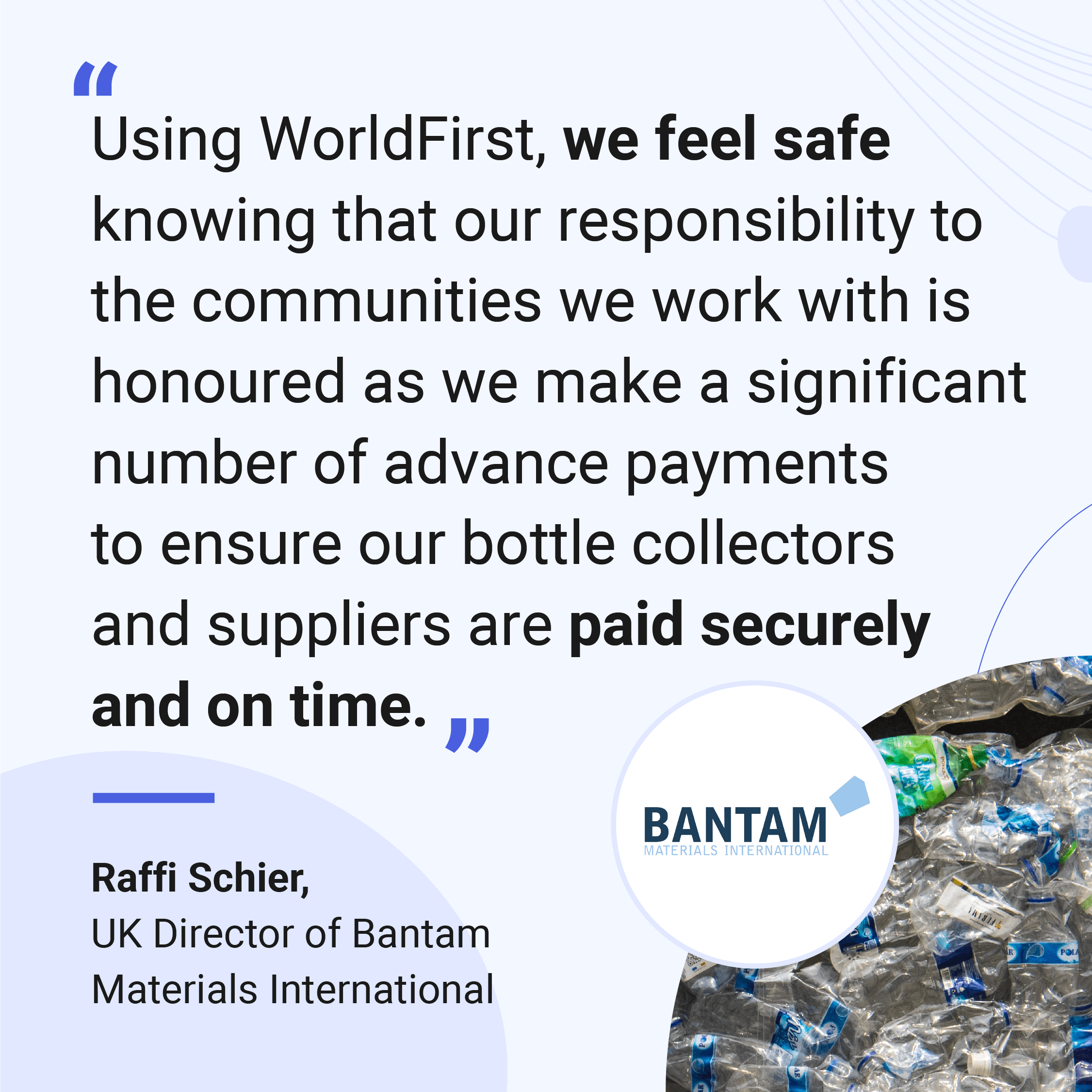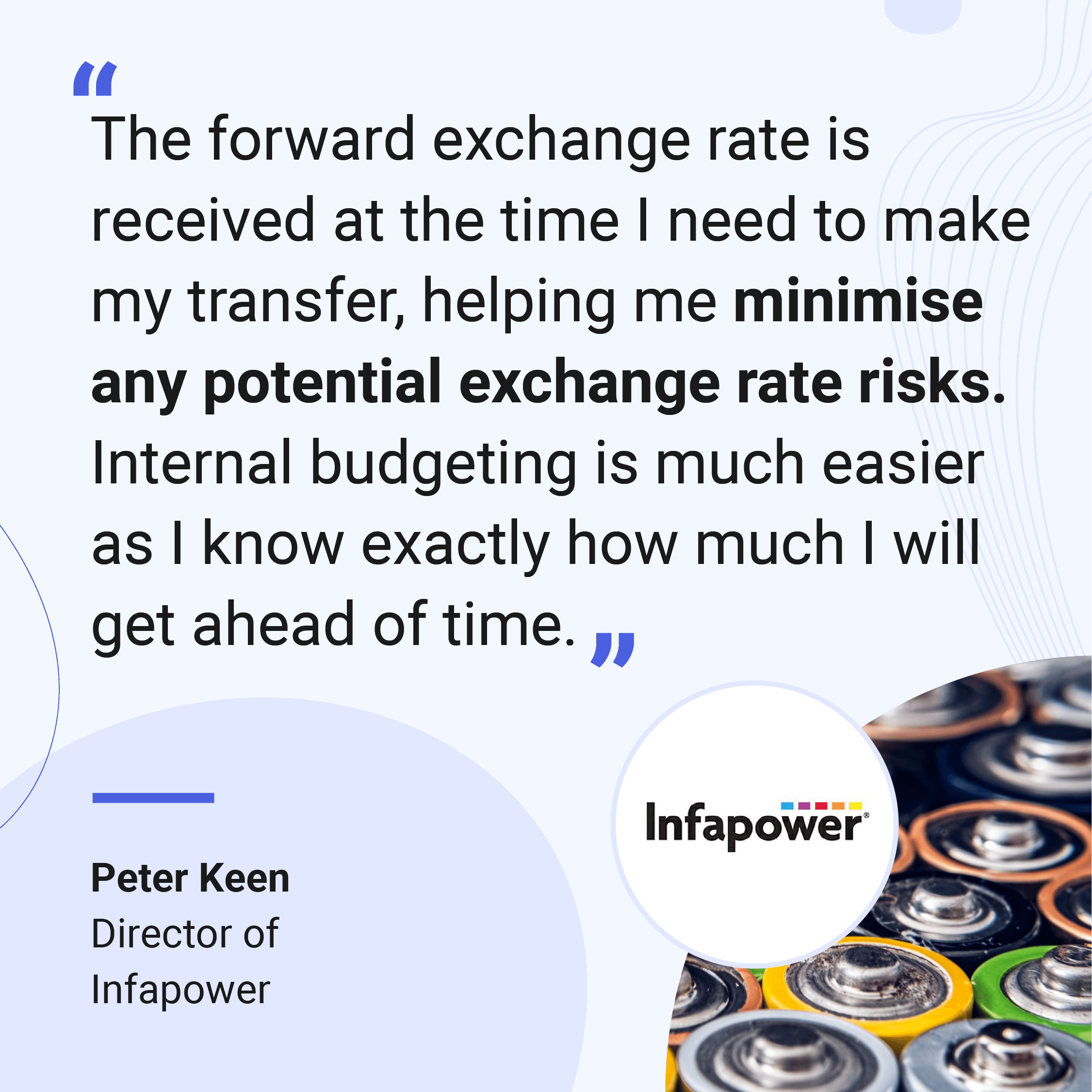
Ramadan 2023 falls on 22nd March to 21st April and approximately 1.9 billion Muslims worldwide will mark the holy month. So, naturally, consumer spending increases significantly during these occasions.
For example, globally, Muslims spent $1.27 trillion on Ramadan celebration food alone in 2021, and this figure is expected to rise to $1.67 trillion by 2025.
Moreover, in the UK in 2018, Ramadan and Eid al-Fitr expenditure was estimated to be worth over £200 million to the UK economy.
Therefore, Eid (the Arabic word for "festival") represents a great opportunity for e-commerce sellers to fulfil increased consumer demand and expand their customer base. A survey from Ogilvy found that over 78% of UK Muslims would love to see more engagement from brands during Ramadan, so stocking seasonal items in your online store is likely to be a hit with this demographic.
In addition, 58% of Muslims start planning their celebration approximately a month before Eid – so, sellers need to prepare their promotions early.
In this article, we will provide some background on Eid and offer some tips for e-commerce businesses looking to boost brand awareness and sales amongst the worldwide Muslim community.
Background on Eid Celebrations
Ramadan is the ninth holy month in the Islamic calendar and marks a time for fasting, prayer, celebration and charitable giving. It culminates in a three-day celebration called Eid al-Fitr, which translates as the "Festival of Breaking the Fast".
Another major Muslim festival called Eid al-Adha (or "Festival of Sacrifice") is a four-day celebration expected to fall from late August 2023. On this occasion, families and friends enjoy feasts, exchange gifts, and give to charity.
Eid festivities vary yearly (by approximately 11 days) in accordance with the lunar cycle within each location where the festivals are observed. Some Muslim communities celebrate upon local moon sightings at no fixed date, whereas others follow the dates given by local or global religious authorities (such as Saudi Arabia).
So, online sellers must be aware that Eid dates can shift depending on where their customers live.
Times of the day can also vastly impact retail sales figures during Ramadan. For instance, research from Criterio in 2019 found that at 4am during Ramadan, conversion rates can be 17% higher than a typical day. Subsequently during Iftar (the first meal of the day between 6-7pm during Ramadan), there is a noticeable drop in e-commerce conversions.
Monitoring your best individual sales periods in line with the above findings is simple, all you have to do is set up marketing analytics and tracking parameters through your e-commerce platform. From there, you can find out the times of the day where you get the best engagement and adjust your paid advertising budgets accordingly.
How Muslims celebrate Eid worldwide
There are many different celebratory customs associated with Eid. Here's a quick round-up of some traditions alongside recent stats showing how customs are observed worldwide.
Eid prayers
Eid Prayers (also known as Salat al-Eid) are vital to Islamic tradition. Three out of four Muslims will devote more time to prayer and introspection during Ramadan.
Umrah pilgrimage
Muslims can take a pilgrimage to Mecca (also known as Umrah) any time of the year. However, the last two weeks of Ramadan see a 200% surge in searches for "Umrah".
Family gatherings
A 2022 survey found that 74% of Muslims were looking forward to celebrating Eid. This is because meeting with family and friends is an important Eid custom that was interrupted during the pandemic restrictions in 2020 and 2021. Almost 50% of Muslims planned to visit their hometowns to observe Ramadan with loved ones now that almost all of the public health measures have been lifted.
Giving Zakat
Giving Zakat means giving to charity, and Muslims are expected to donate at least 2.5% of their annual income to the underprivileged. In 2021, Muslims in the US gave an average of $2,070 in Zakat.
Eid gifts
Eid gifts are commonly exchanged over the festival periods. Traditional presents include:
- Eid Cards Greetings such as "Eid Saeed" (Happy Eid) and "Eid Mubarak" (Blessed Eid) are commonly featured on Eid cards. Colour and design schemes for Eid greetings cards are not fixed. However, e-commerce store owner, Manal Aman, believes purples, deep blues, and pinks tie in with the colour of sunsets and prove very popular with her customers.
- Clothing Many Muslims like to wear traditional clothing to mosques or gatherings with family and friends. Traditional Islamic clothing varies from country to country and follows the principle of modesty for both men and women, eg long tunics or robes and hair coverings. Muslim spending on fashion increased by 6% in 2022, totalling $375 billion worldwide. In recent years brands like H&M have made Eid celebration garments, featuring embroidered gowns that could be worn over trousers and kimonos created with glittering fabrics and brocade accents.
- Dates and Sweets Halal is an Arabic meaning "permitted". It refers to food that is acceptable under Islamic law. It's often used in reference to whole foods like fruit. However, some sweets and processed foods can be enjoyed during Eid if ingredients like gelatine come from Halal sources.
- Money It's customary to give cash gifts during Eid. So, sales of paper money wallets increase during Ramadan. As an e-commerce seller, it's important to note that paper envelopes should be made with Halal-certified adhesives suitable for those celebrating the occasion.
- Decorations Decorating the home for Eid brings families and friends together to mark the season. Youtube search traffic peaks for Eid decorations approximately two weeks into Ramadan each year. "Eid decoration DIY" has also become a more popular search term in recent years. This may be due to rising living costs, or simply as a way to spend more quality time with loved ones during the festival season. Top "Eid decoration" Google searches worldwide include:
-
- Lighting
- Lantern
- Balloon
- Ornaments
- Star
- Crescent Moon
- Table
- Etsy (Etsy’s top three selling markets include US, UK and Germany)
- Plate
- Bunting
- Arch
- Candle
Open a World Account for free
- Open up to 15 local currency accounts, with local sort codes, account numbers and IBANs
- Collect secure payments from 130+ marketplaces, overseas buyers and payment processing gateways
- Pay suppliers, partners and staff in 40 currencies without hidden fees
- Pay and get paid easily with local bank details on your invoices
- Lock in conversion rates to manage your currency risk
Top Eid shopping trends to look out
According to Pew Research, 60% of the world's Muslim population is under 30. This statistic demonstrates the need for e-commerce sellers to not only understand Eid's traditional customs, but also note how Eid celebration trends are evolving to suit younger, more tech-savvy audiences.
Here are some Eid consumer trends to keep in mind as Muslim demographics shift:
Cross-Border Purchasing
44% of Muslims celebrating Ramadan made a cross-border purchase in 2021, with one in three spending more with international brands than they have done in previous years.
Therefore, presenting simplified product pages, with many high-quality close-ups of products and photos of items in use, will help sellers boost conversions with overseas customers.
In addition, optimising your website and ad campaigns for multiple languages will also help you capture new audiences. Accepting multiple currencies is also a must for boosting sales. A World Account lets you make and receive international payments using local bank details in up to 10 currencies. Plus, you can collect payments directly from 100+ global marketplaces.
Personalisation
Personalised goods and services are becoming increasingly popular during Eid. Offering unique gift boxes, customisable notes, and special discounts in your e-commerce store can make your products become treasured keepsakes. It can also help you build customer loyalty.
Personalisation is easy to set up once you find a reputable Print on Demand (POD) provider. Firstly, check your e-commerce platform’s Apps page and find a POD company that integrates with your storefront. Next, research their prices, warehouse location, fulfilment processes, and customer support procedures (including returns processes). Check the service provider aligns with your brand's values (including Halal-certified packaging). It's wise to request a sample to check the print quality of products before committing to a contract. You can usually select designs from their current range, but original artwork will help your brand stand out.
Once you’re up-and-running with POD, send fast and secure payments in your supplier’s local currency – speeding up your FX transfers will help bolster this new business relationship.
Social Media Marketing
Facebook is the most popular social media platform for attracting seasonal buyers, with click-through rates 19% higher than other platforms.
Influencer marketing is also an effective channel to reach younger audiences. Popular Muslim influencers, such as dinatokio and therealfouz have millions of followers and regularly secure lucrative deals to drive traffic to branded pages.
Sustainable Eid shopping
Providing eco-friendly gift alternatives, cutting down on packaging waste, and supporting sustainable operations can help brands save the planet and encourage more Eid shopping visitors to your pages.
Some notable sustainable Eid brands include:
- Haute Hijabs: Sell hijabs made from recycled plastic.
- Eid Creations: Create stunning eco-friendly tableware.
- Silq Rose: Specialise in sustainable modest clothing in soft, neutral colour palettes.
Make this year's Eid celebrations the biggest yet
Eid spending is increasing and online Eid shopping is becoming a popular way to mark the occasion.
You can stay ahead of the global cross-border selling trends by ensuring you get your promotions and marketing ready in time and tracking the optimal times of day for advertising.
It’s also important to be aware of how your customers would prefer to pay for their seasonal purchases. For instance, a World Account could enable your customers to pay in their local currency, helping them keep track of their celebration budgets more effectively. Plus, you can make supplier payments and send international invoices with local bank details to enable more seamless transactions.
The World Account is free to open – there are no maintenance fees or hidden charges – and it gives you quick access to local accounts in up to 10 global currencies. Get in touch for more information – call +44 207 326 9120.

Businesses like yours trust WorldFirst
- Almost 1,000,000 businesses have sent $150B around the world with WorldFirst and its partner brands since 2004
- Your money is safeguarded with leading financial institutions

What our customers say about our services






